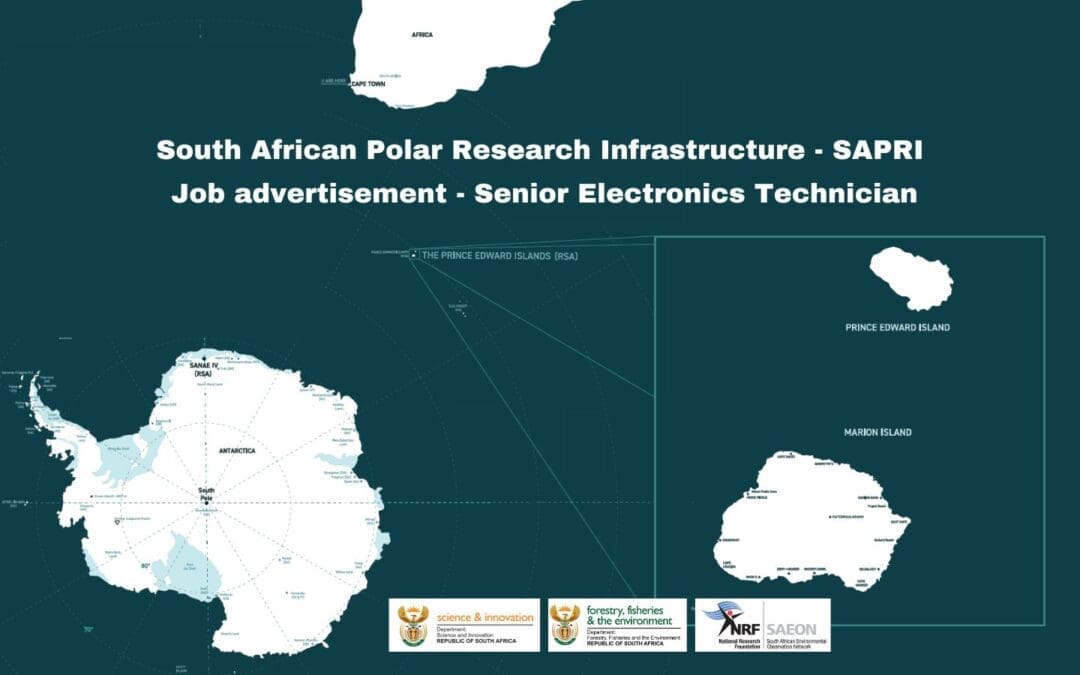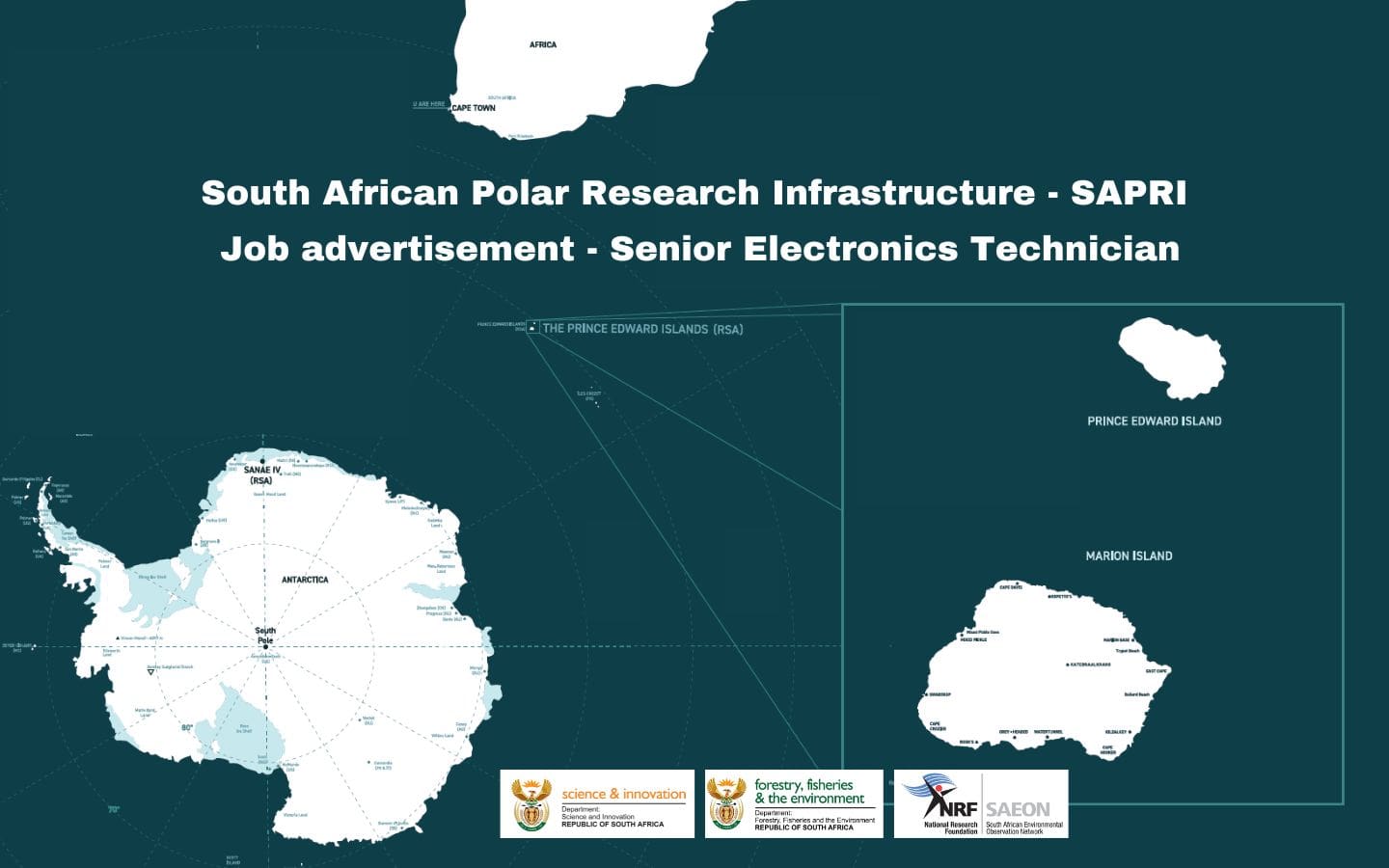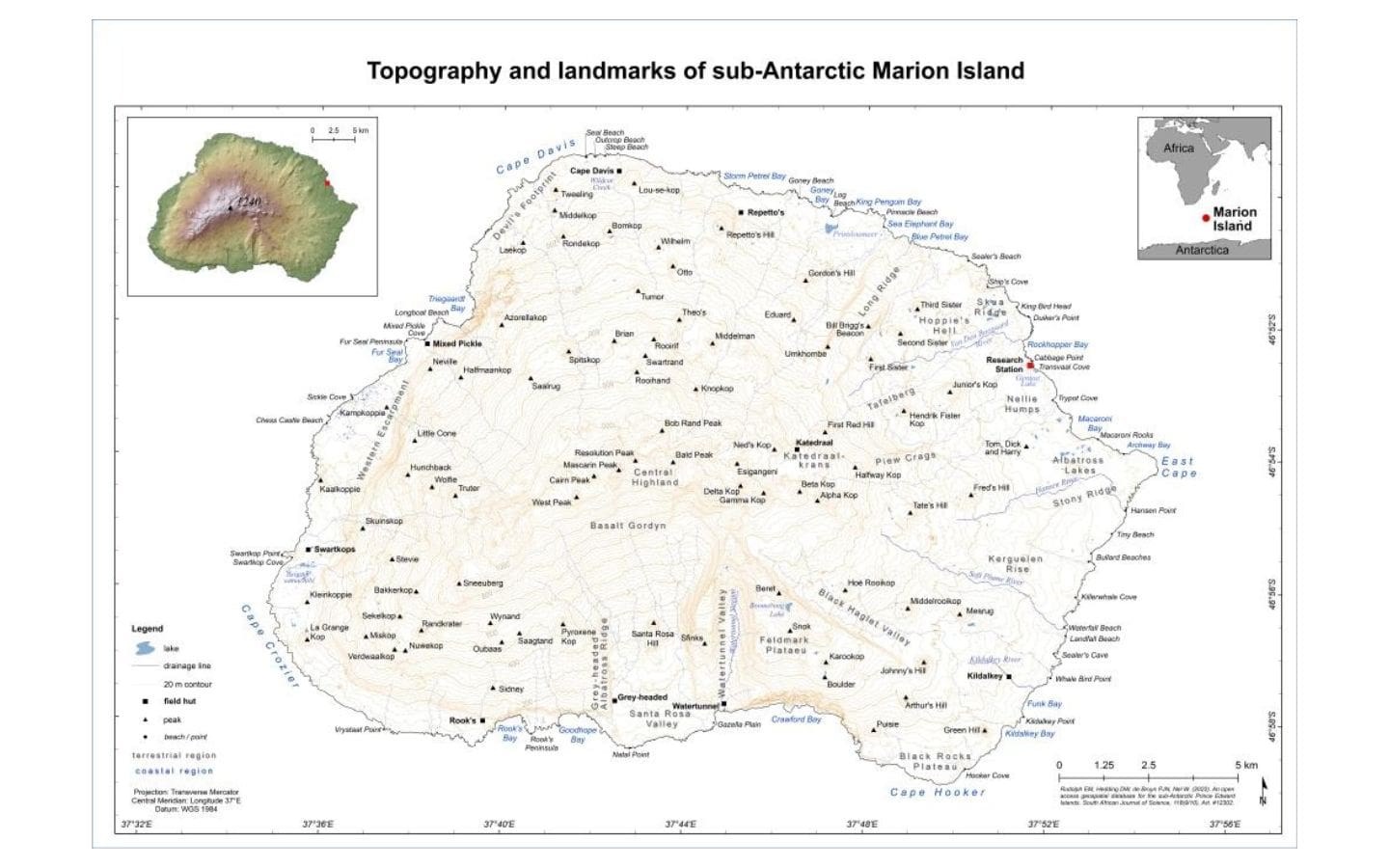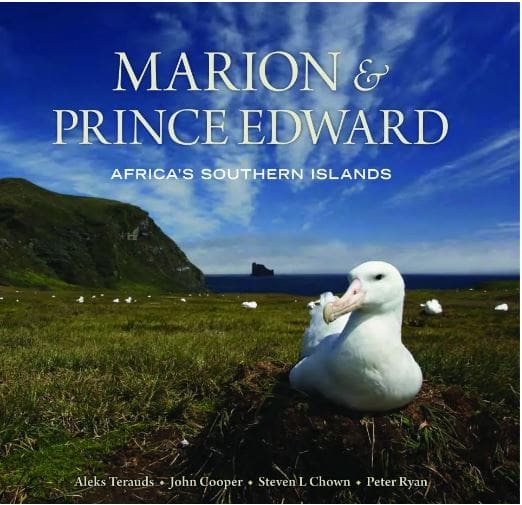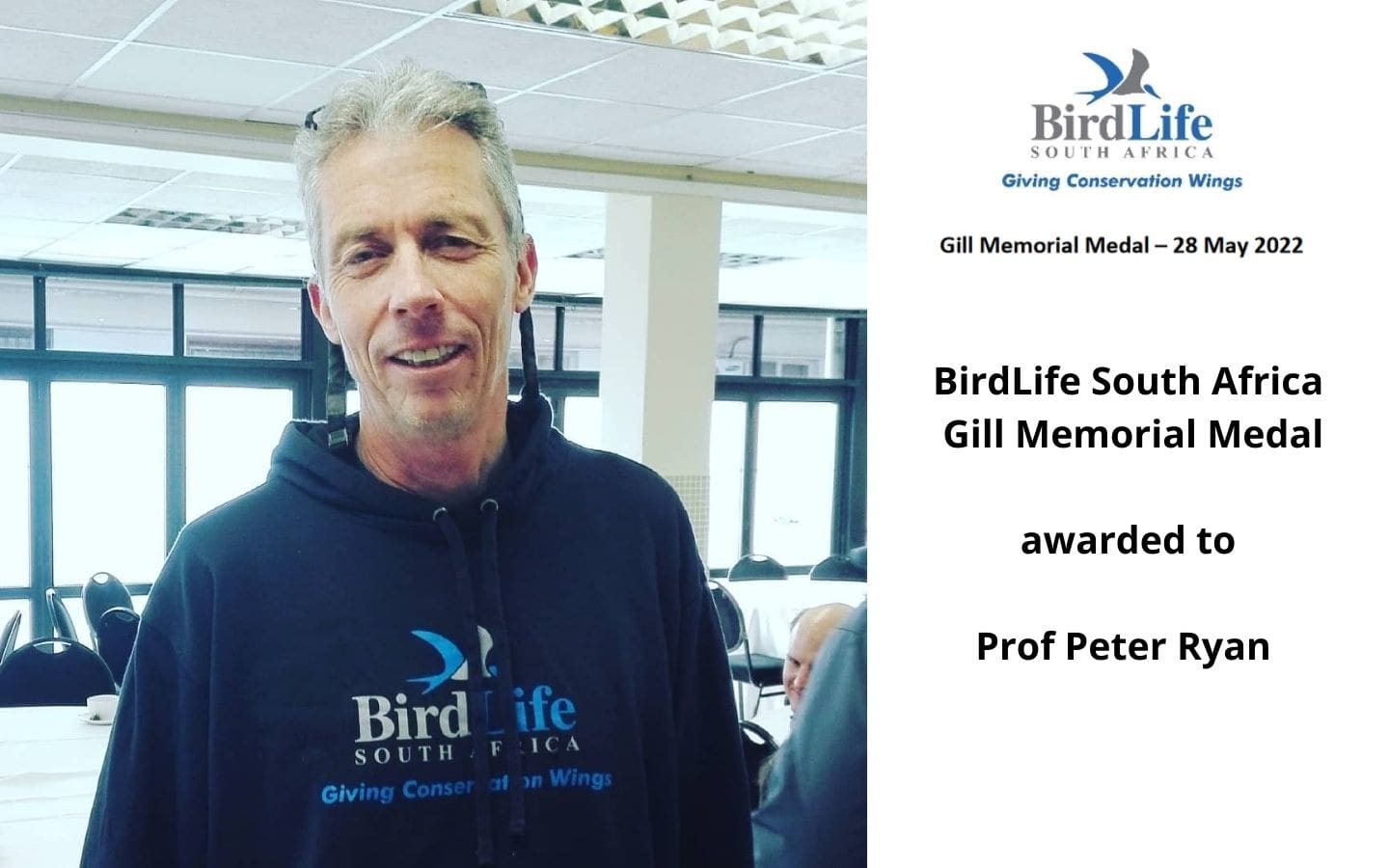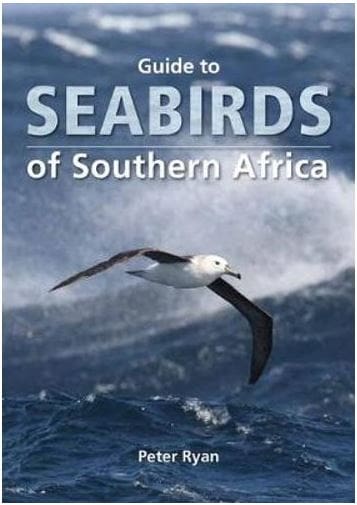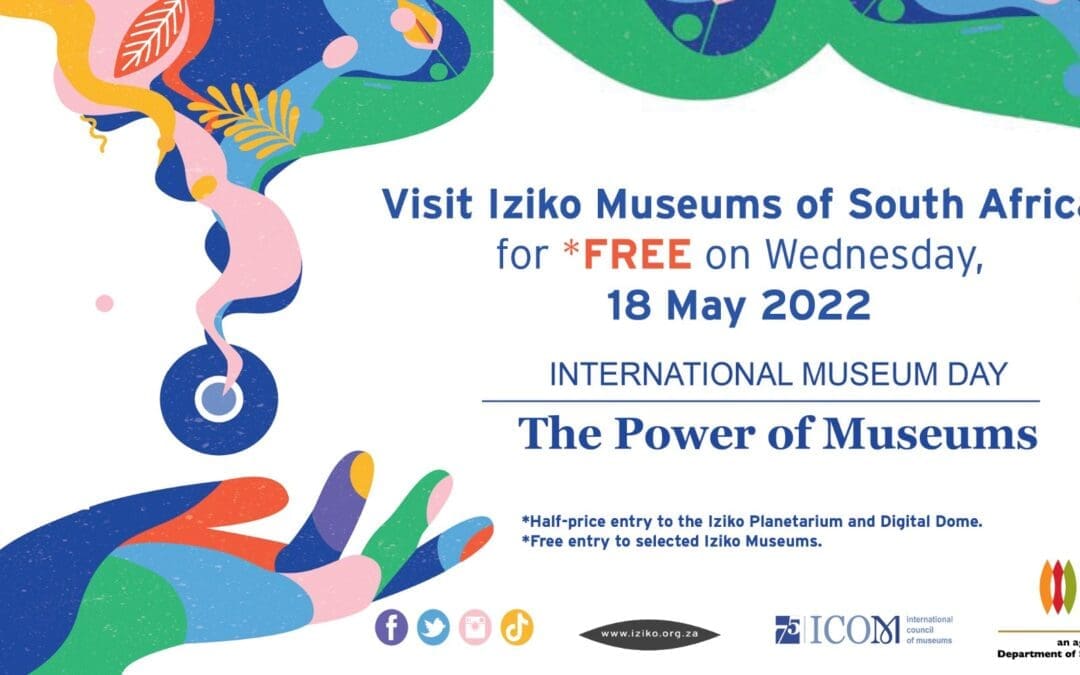
by Ria Olivier | Apr 20, 2023 | Announcement, Antarctica, Prince Edward Island, Research, SA Agulhas II, SANAE IV, Science, Southern Ocean, sub-Antarctic
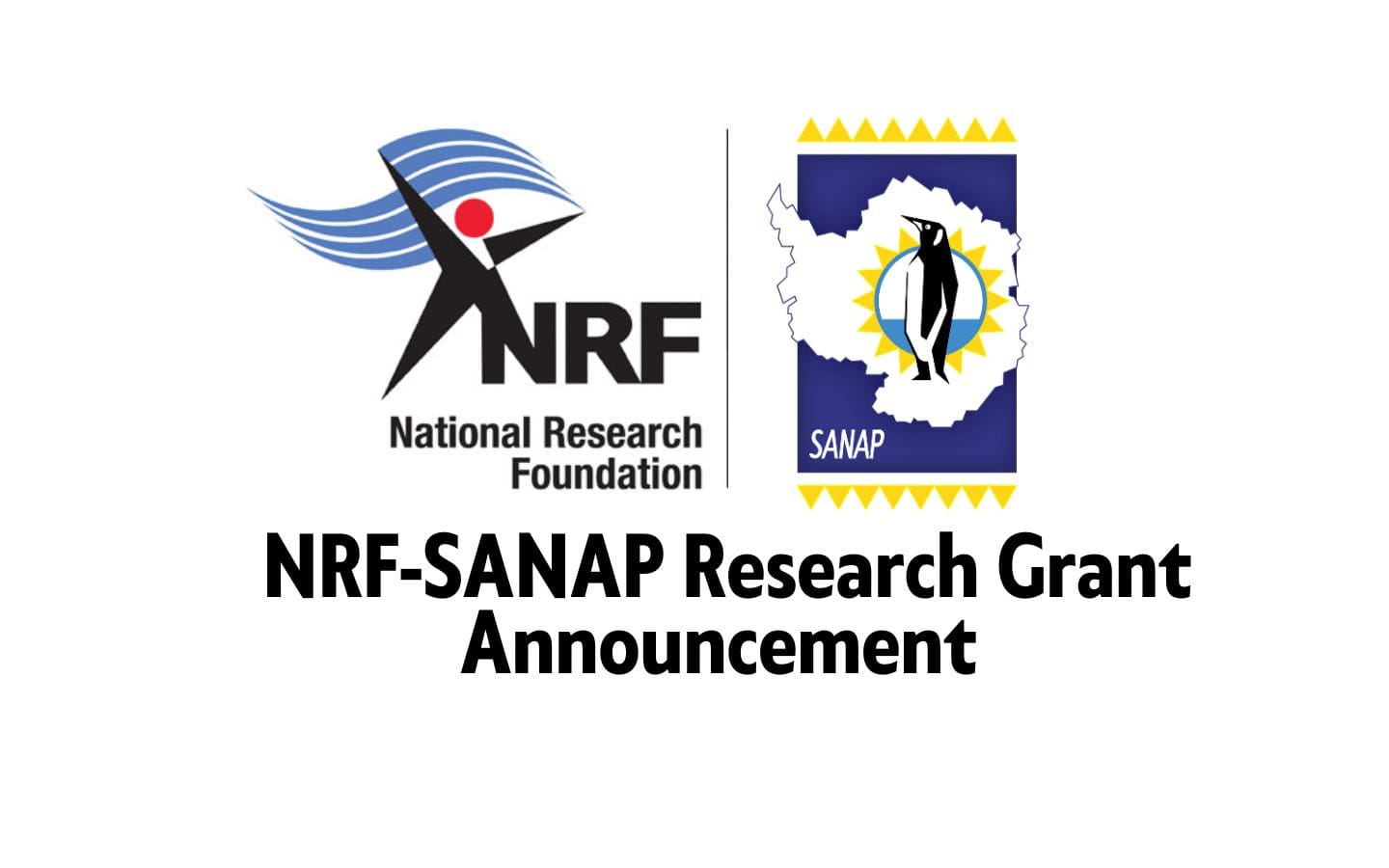
The NRF-SANAP Funding call is now open!
Click on the link below to access the submission portal.
Have you registered on NRF Connect?
Submission deadline: 15 June 2023
Important Documents – as indicated on the NRF website
(Please click on the images below to open the various documents)
Anche Louw, South African Polar Research Infrastructure (SAPRI DPS Node), 20 April 2023

by Ria Olivier | Feb 2, 2023 | Commemorative Days, Current Event, Environment, International Days, Marine Protected Area, Marion Island, Mice Eradication, News, Prince Edward Island, Prince Edward Islands, SANAP, Science, Southern Ocean, sub-Antarctic
 World Wetlands Day, is celebrated every year on 02 February. On this day, in 1971, the Convention on Wetlands of International Importance (Ramsar Convention) was signed in Ramsar, Iran.
World Wetlands Day, is celebrated every year on 02 February. On this day, in 1971, the Convention on Wetlands of International Importance (Ramsar Convention) was signed in Ramsar, Iran.
World Wetlands Day is celebrated to to “raise awareness and understanding of what wetlands are and how we can contribute towards restoring them through making conscious choices, becoming persuasive voices and taking bold actions” (read more here).
What is a wetland?
A wetland is defined as the land which is transitional between terrestrial and aquatic systems where the water table is usually at or near the
surface, or the land is periodically covered with shallow water, and which land in normal circumstances supports or would support vegetation typically adapted to life in saturated soil (1).
Why is wetland restoration so important? Listed below are a few benefits of wetland restoration:
- Enhanced biodiversity
- Improve water supply
- Store carbon
- Reduced impacts from flooding
- Improve livelihoods
- Enhance well–being
- Protection of agricultural resources (1; 2)
Is your role in wetland restoration important?
Yes! Our individual and collective actions have an impact (1).
What can you as individual do to help protect and preserve wetlands?
- Participate in programs that help protect and restore wetlands.
- Report illegal actions such as unauthorized wetland fill or dredging activities to government authorities
- Pick up litter and dispose in appropriate trash containers. Keep surface areas that wash into storm drains clean from pet waste, toxic chemicals, fertilizers and motor oil, which can eventually reach and impair our wetlands.
- Use native species when planting trees, shrubs and flowers to preserve the ecological balance of local wetlands.
- Avoid wetland when you are expanding your house.
- Use phosphate-free laundry and dishwasher detergents. Phosphates encourage algae growth, which can suffocate aquatic life.
- Use non-toxic products for household cleaning and lawn and garden care. Never spray lawn and garden chemicals outside on a windy day or on a day that it might rain and wash the chemicals into waterways.
- Enjoy the scenic and recreational opportunities wetlands offer, while preserving their integrity for future generations by minimizing the use of heavy equipment and staying in designated visitor areas where available (3).
Did you know that the South African Prince Edward Islands (Prince Edward Island and Marion Island) is declared as Wetland of International Importance?
 The Prince Edward Islands was declared Wetland of International Importance: Ramsar Site No.1688, on 22 May 2007. The conservation and management of this site falls within the responsibility of the Directorate: Southern Oceans and Antarctic Support of the Department of Forestry, Fisheries and the Environment.
The Prince Edward Islands was declared Wetland of International Importance: Ramsar Site No.1688, on 22 May 2007. The conservation and management of this site falls within the responsibility of the Directorate: Southern Oceans and Antarctic Support of the Department of Forestry, Fisheries and the Environment.
Want to know about wetlands in South Africa?
Click on the posters to enlarge.
What’s been happening on Social Media
Sources:
1- https://www.worldwetlandsday.org/
2- https://www.dffe.gov.za/event/international/wetlandsday2013
3- https://www.epa.gov/wetlands/what-you-can-do-protect-coastal-wetlands
4- https://rsis.ramsar.org/ris/1688
5- https://alp.lib.sun.ac.za/handle/123456789/15327
6- https://blogs.sun.ac.za/antarcticlegacy/event/world-wetlands-day/
Anche Louw, South African Polar Research Infrastructure, 02 February 2023.

by Ria Olivier | Nov 2, 2022 | Announcement, Antarctica, Gough Island, Jobs, Marion Island, Prince Edward Island, Prince Edward Islands, SA Agulhas II, SA Polar Research Infrastructure, SANAE, SANAP, SAPolarRI, SAPRI, Science, Southern Ocean, sub-Antarctic

As per job advertisement:
The South African Environmental Observation Network (SAEON) is a research platform funded by the Department of Science and Innovation (DSI) and managed by the National Research Foundation (NRF).
SAEON is mandated to establish and manage long-term environmental observatories; maintain reliable long-term environmental data sets; promote access to data for research and/or informed decision making; and contribute to capacity building.
This position is supported by the Department of Science and Innovation’s South African Polar Research Infrastructure (SAPRI) programme and will be based in Cape Town.
A Senior Electronics Technician to provide technical and logistic support for the SAPRI programme’s various research and long-term monitoring activities in the offshore marine and Southern Ocean, sub-Antarctic Islands and Antarctica, conducted onboard South African and international research vessels.
Application Closing Date: 16 November 2022
Click here to view the position advert.
Read more about SAPRI:
South African Polar Research Infrastructure (SAPRI): Feedback and start of the Preparatory Phase
Anche Louw, Antarctic Legacy of South Africa

by Ria Olivier | Oct 6, 2022 | Announcement, Geomorphology, Marion Island, News, Prince Edward Island, Prince Edward Islands, Research, SANAP, Science, sub-Antarctic

In a new publication, An open access geospatial database for the sub-Antarctic Prince Edward Islands, by Elizabeth Rudolph, David William Hedding, Nico de Bruyn, and Werner Nel, open access is given to a geospatial database for both Marion Island and Prince Edward Island.
Click here to view the full suite of data: Prince Edward Islands Geospatial Database
This paper was presented at the Scientific Committee on Antarctic Research Open Science Conference 2022, in a poster format. Click here to view the poster.
Authors:
Anche Louw, Antarctic Legacy of South Africa, 06 October 2022

by Ria Olivier | May 31, 2022 | Announcement, Gough Island, Marion Island, News, Prince Edward Island, SANAP, Science, Southern Ocean, sub-Antarctic, Tristan da Cunha
Congratulations to Prof Peter Ryan, awarded with the BirdLife South Africa Gill Memorial Medal, for an outstanding lifetime contribution to ornithology in southern Africa.

Prof Ryan, an A-rated Ornithologist and Director of the Percy FitzPatrick Institute of African Ornithology at the University of Cape Town, has been part of the South African National Antarctic Programme for more than two decades, doing research on seabirds breeding on Marion Island and the Tristan archipelago, which includes Gough Island. Prof Ryan’s latest research within SANAP is focused on “Avian scavengers as indicators of recovery of an island biota”, co-led with Dr Maëlle Connan (Research Fellow in the Marine Apex Predator Research Unit, Nelson Mandela University). Click here to read more about this project.
He is the author and co-author of a number of books on seabirds and the sub-Antarctic islands. Here is his latest publication: Guide to Seabirds of Southern Africa.


The Citation for Prof Ryan’s award – Click here.
In 2012, John Cooper, who was extensively involved in long-term seabird monitoring studies on Gough and Marion islands since the 1980s, received this award for his outstanding contribution to ornithology in southern Africa.
Featured Image: Prof Peter Ryan at the 5th SANAP Symposium (2018) in Hermanus, where he presented his work on “Plastics in Antarctica – preliminary findings from the Antarctic Circumnavigation Expedition (ACE).
Anche Louw, Antarctic Legacy of South Africa, 31 May 2022

by Ria Olivier | May 18, 2022 | Announcement, Discover, Gateway cities, International Days, Prince Edward Island, Prince Edward Islands, Research, SA Agulhas II, SANAE, SANAP, Science, Southern Ocean, Stations, sub-Antarctic
Free entrance to Iziko Museums of South Africa today, 18 May 2022.
Visit the Sentinels of the South Exhibition at Iziko Museum of South Africa, Cape Town.
This exhibition will give you insight into the history, discoveries, and current role of South Africa’s Antarctic and Southern Ocean exploration. Read more here.

Anche Louw, Antarctic Legacy of South Africa, 18 May 2022


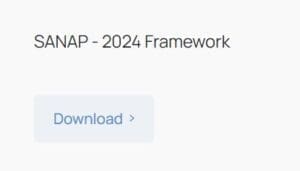
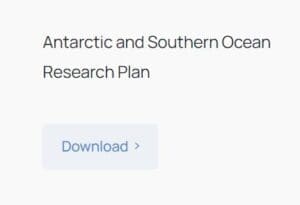
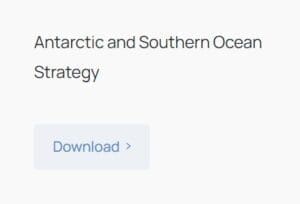
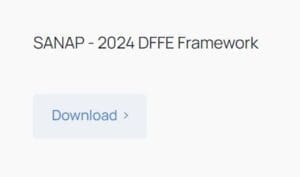
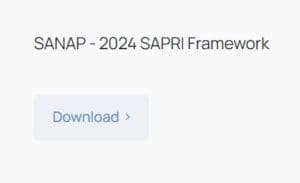
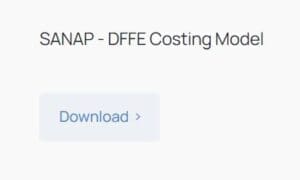
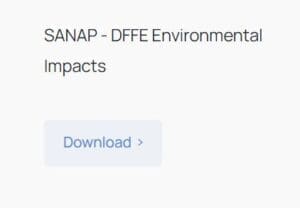
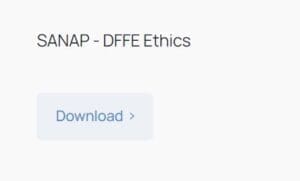
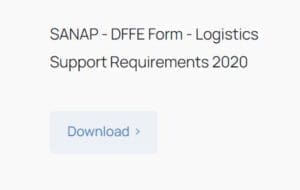
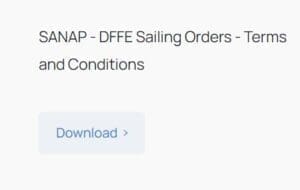


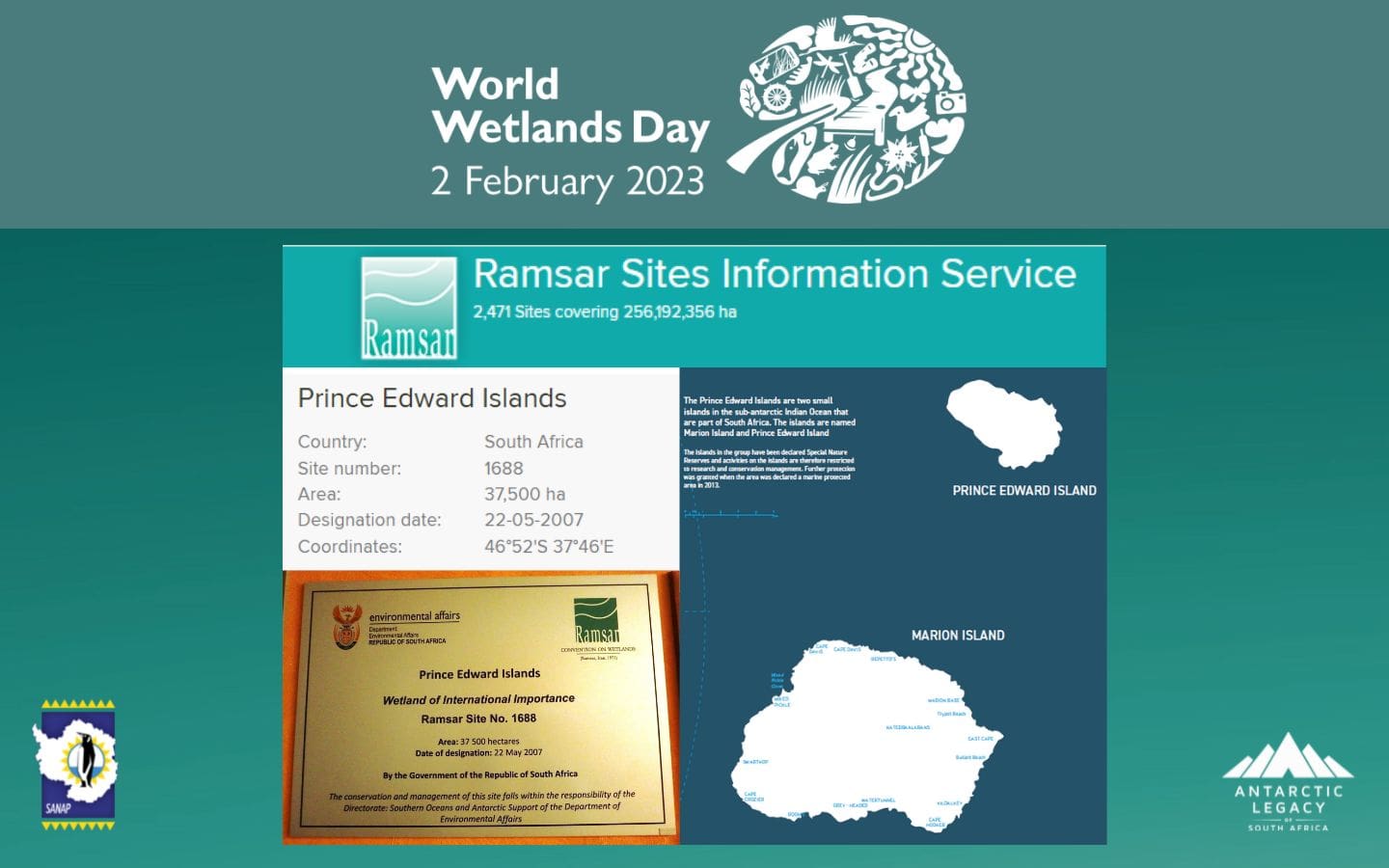
 The Prince Edward Islands was declared
The Prince Edward Islands was declared 